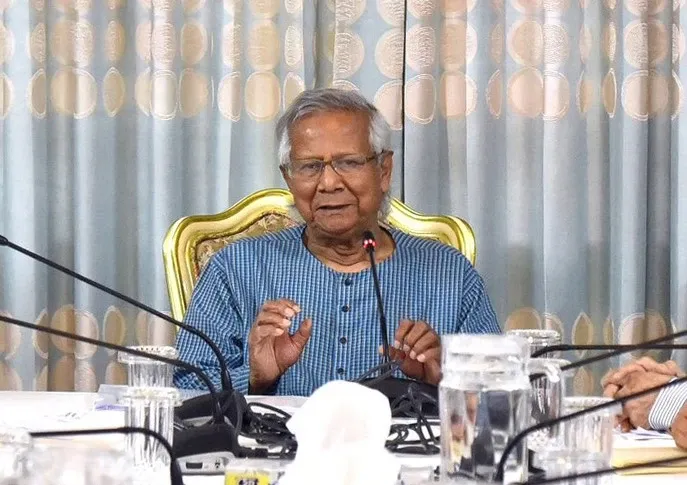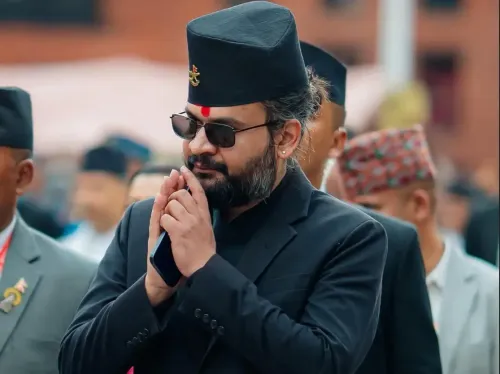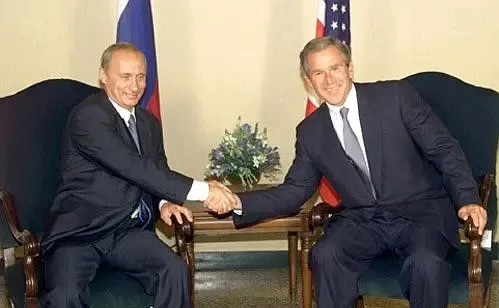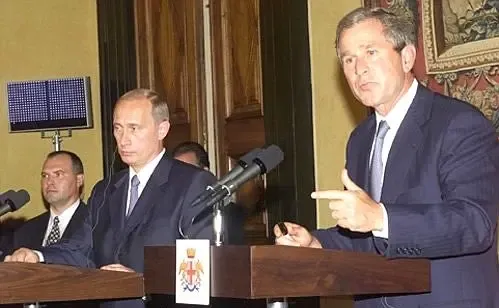What Are the Disagreements Over Fundamental Reforms in Bangladesh's July Charter Draft?

Synopsis
Key Takeaways
- Political parties in Bangladesh are divided over the July National Charter.
- The NCC is working to finalize reform proposals amidst disagreements.
- Key issues include the caretaker government and women's representation.
- Jamaat-e-Islami and NCP have voiced significant objections.
- The outcome of these discussions could impact Bangladesh's governance.
Dhaka, July 30 (NationPress) A number of political factions in Bangladesh, including Jamaat-e-Islami, National Citizens Party (NCP), and Islami Andolan, have voiced their concerns regarding the draft of the July National Charter, according to local media reports from Wednesday.
These parties have particularly objected to the clause that mandates the implementation of reform proposals within a two-year time frame following the national elections. They are insisting that the July Charter be integrated into a legal framework to guarantee its enforcement.
The National Consensus Commission (NCC) of Bangladesh has recently called upon the political parties involved in the second round of dialogue to commit to executing the reform proposals detailed in the draft of the 'July National Charter 2025' within two years of taking office.
The radical Islamist group Jamaat-e-Islami has labeled the proposal to implement the July Charter within this two-year period as perilous.
They stated that the July Charter could be enacted either through an ordinance or a referendum.
Meanwhile, the NCP has indicated that it will reconsider its support for signing the charter if there is no clarity on how the July Charter will be executed.
In remarks to reporters in Dhaka, NCP member secretary Akhtar Hossain expressed, 'We want every aspect of fundamental reform included in this draft. If any element is missing, we will discuss it in our party forum before deciding on our endorsement.'
Conversely, the Bangladesh Nationalist Party (BNP) has shown a general agreement with the charter's proposals. However, while the BNP aims to discuss the establishment of a caretaker government in parliament and the appointment of constitutional bodies through executive legislation, both Jamaat and NCP have strongly opposed the BNP's proposals, as reported by the Bangladeshi daily Prothom Alo.
As the NCC intends to finalize the July Charter and conclude the second phase of discussions by Thursday, reports indicate that the commission's negotiations with political entities to reach an accord on reforms have not yet been resolved due to disagreements among major political parties.
Earlier on Tuesday, the NCC commenced its 21st session of second-round dialogues with political parties to arrive at decisions on several vital reform matters.
Topics of discussion included the structure of the caretaker government, women’s representation in parliament, and the provisions for appointing the Auditor General, Comptroller, and Ombudsman within the constitution.
However, no consensus has been achieved regarding these topics either.
During the second phase, the commission deliberated on 20 issues, and as of now, there appears to be no agreement on 8 reform proposals.
The parties that once collaborated with student leaders and Yunus to topple the democratically elected Awami League government, previously led by former Prime Minister Sheikh Hasina, are currently entangled in disputes over significant reform proposals.










